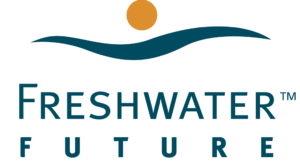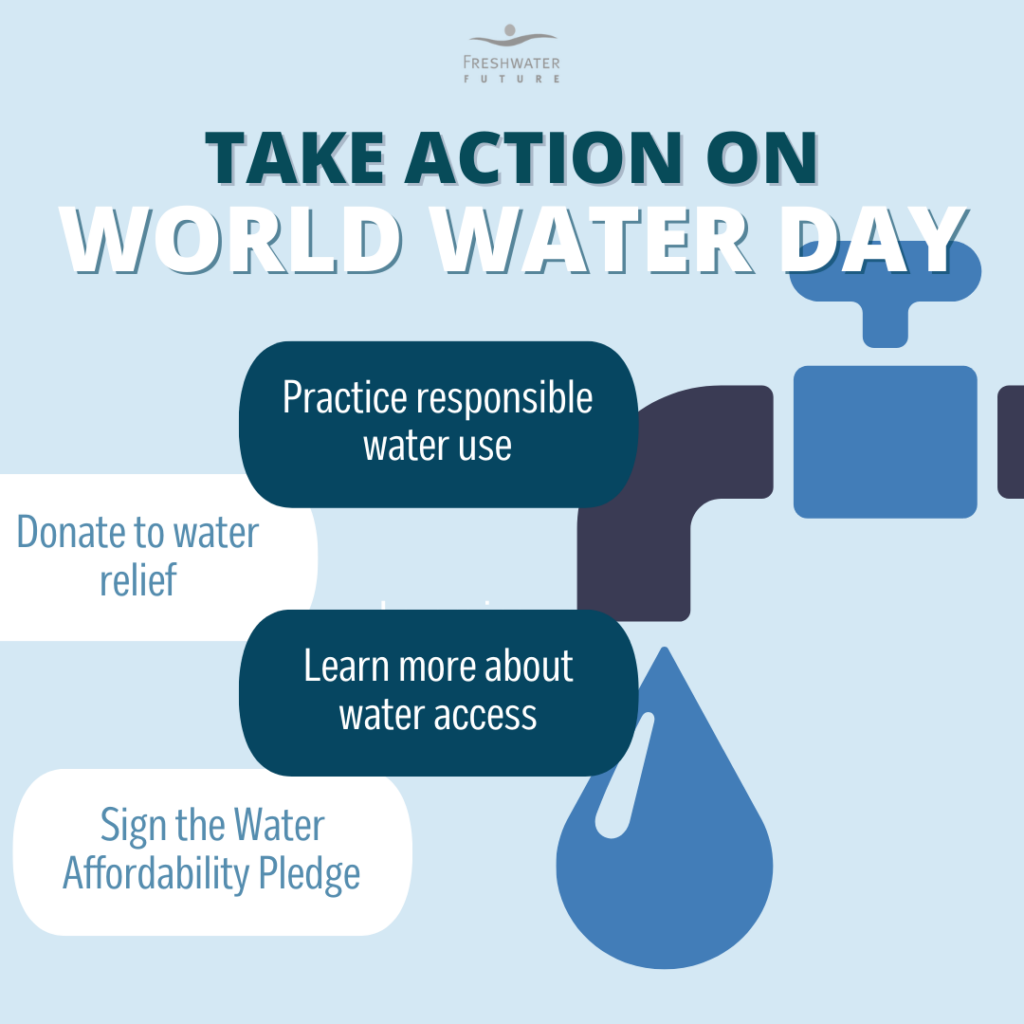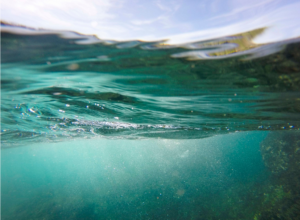Celebrating Freshwater Heroes on March 21st
Eleven people, organizations and communities were recognized on Tuesday March 21st, as part of our annual Freshwater Heroes Celebration. Seth Bernard kicked-off the event with a powerful performance honoring these inspiring people from the Great Lakes Region who are committed to protecting our earth’s precious freshwater resources. Curious who the Freshwater Heroes are? Check out the website to see the list of the honorees! Thanks to everyone who attended the event in support of our honorees. The recording of the event will be available to the public and honorees shortly.
Final Call: Spring Project Grant Deadline Is March 31st!
Final reminder that the Freshwater Future Spring Project Grant deadline is one week away on March 31st. Are you working on a water issue that needs funding? We recommend that all those interested in applying first call Freshwater Future staff to share more about your idea for submitting a project grant proposal. The Project Grants provide funding ranging from $500 to $5,000 (USD) for grassroots projects that promote water protection through advocacy efforts. Contact Laurie Breighner, laurie@freshwaterfuture.org or (231)348-8200 ext. 107, to check your eligibility, help with your application or to ask questions. Visit our website to see past grant projects and learn more about our grant programs at https://freshwaterfuture.org/grant-programs/. You can also view the recording of our recent Q&A grant webinar.
Dioxin in East Palestine Soil Tested Above Cancer Risk Threshold
Newly released soil testing results in East Palestine confirmed the presence of dioxins, likely from the controlled burn of vinyl chloride that came days after the original train derailment. According to the U. S. Environmental Protection Agency (U.S. EPA), dioxins are highly toxic and can result in a number of health problems such as cancer as well as reproductive and developmental problems. They break down very slowly and accumulate in the environment and human bodies for long periods. While the dioxin levels found in East Palestine at 700 parts per trillion (ppt) are below the U. S. EPA cleanup action level of 1000 ppt, states like Michigan have limits set at 90 ppt. A 2010 report from U.S. EPA scientists recommended lowering the cleanup action level to 72 ppt.
400,000 Gallons of Radioactive Water Leaked from a Minnesota Nuclear Plant
In November last year, a nuclear power plant in Monticello, Minnesota, leaked around 400,000 gallons of tritium contaminated water. Tritium is a radioactive hydrogen isotope that is a common by-product of nuclear plant operations. The power plant and Minnesota Pollution Agency released in a statement that the leak “poses no health and safety risk to the local community or the environment.” Yet the Star Tribune reported on their Facebook page, “A monitoring well at the site registered a tritium level of 5 million picocuries per liter, according to a Nov. 22 report from the plant to the state. Only five other plants across the country have registered leaks at higher concentrations than that, according to a 2021 report from the Nuclear Regulatory Commission, the most recent available.” The leak was only made public last week, raising concerns about transparency and trust that the contaminated groundwater has not left the utility property and is being handled safely. If your organization is interested in doing more to raise awareness of this issue, please send an email to Alex, alex@freshwaterfuture.org.
Celebrating World Water Day At Freshwater Future
Every March 22nd is World Water Day, an annual United Nations observance day that highlights the importance of freshwater. At Freshwater Future, our commitment and work in freshwater resources occurs every day of the year. Want to make a difference? Take the Water Affordability Pledge to show your support for clean, safe and affordable drinking water for all.









